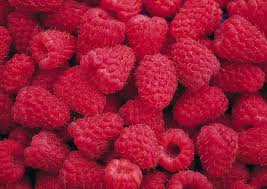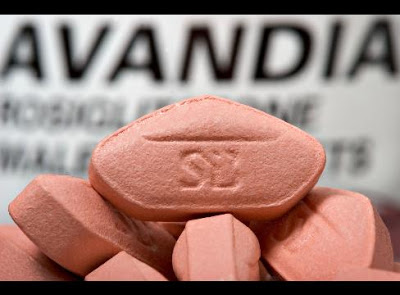In the last few months, I’ve been hearing an awful lot about raspberry ketones, and I’ve been asked frequently as to whether there is any substance to the weight loss claims. Time to bust the myths! (hmmm this may already answer the question…)
Raspberry ketone is a chemical that gives raspberries their smell. It’s used as a perfume in cosmetics, and has been studied as a potential skin whitener.
Studies in test tubes have shown that raspberry ketone can increase fat breakdown in fat cells and increase release of a hormone called adiponectin (I’ll get back to this later). Rat experiments have suggested some anti obesity potential of raspberry ketone.
The use of raspberry ketone as a weight loss aid really took off when a certain physician/celebrity promoted it on his TV show, based on the above studies, and testimonial evidence from people who have used it with success.
HOWEVER. Raspberry ketones have NOT been studied in humans in proper clinical trials, and there is therefore no scientific study or evidence to support the safety or benefit of using raspberry ketones in humans. From a safety perspective, it has been suggested that raspberry ketone has a stimulant effect, and there have been reports of people taking them experiencing palpitations. Raspberry ketones may interfere with a long list of medications, including blood thinners, antidepressants, and others.
From a benefit perspective, there is no study in humans to show the effect on body weight, and no study in humans to show the effect on adiponectin levels in the living body. Adiponectin is a ‘good’ hormone, in that higher levels are associated with a better metabolic profile and lower body fat. However, while raspberry ketone may increase adiponectin in a test tube, we have no idea if this actually happens in real life.
When the pharmaceutical industry tries to develop a drug to treat obesity, it goes through very rigorous clinical trials that start with test tube data, followed by huge amounts of animal study, then small human studies, then big human clinical trials. This all happens before a medication can hit the shelves. These steps are important for our health and safety, so that we have a good understanding of the benefits and risks of medications before we start prescribing them.
In contrast, like other drugs in the herbal industry (and yes they should be considered to be drugs), little to no study is required before they end up on shelves. In the case of raspberry ketone, we have no idea if it results in weight loss in humans, and even worse, we do not understand the potential side effects or dangers of taking it.
A special thank you to Steven Niles, Certified Diabetes Educator, for the first heads’ up!
Dr Sue Pedersen www.drsue.ca © 2012 drsuetalks@gmail.com
Follow me on Twitter for daily tips! @drsuepedersen












